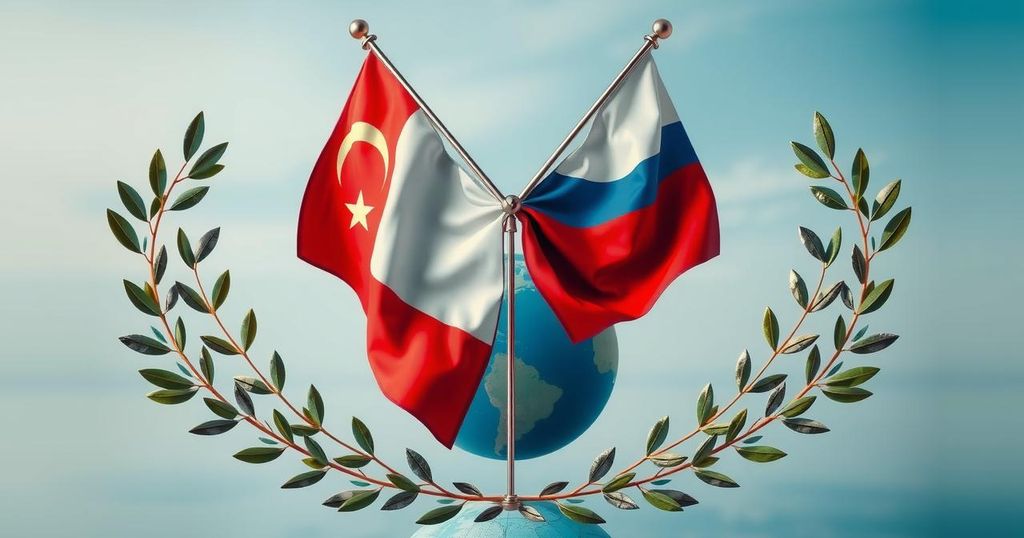World news
AFRICA, DONALD TRUMP, DOROTHY CAMILLE SHEA, EMMANUEL MACRON, EUROPE, EUROPEAN UNION, FOREIGN AFFAIRS, GREECE, HUNGARY, KEI, KEIR STARMER, MARIANA BETSA, MILITARY SUPPORT, NORTH AMERICA, NORTH KOREA, RUSSIA-UKRAINE WAR, SECURITY COUNCIL, SUDAN, TRUMP, UK, UN, UN GENERAL ASSEMBLY, UN SECURITY COUNCIL, UNITED STATES, WAR
Lena Nguyen
0 Comments
US Aligns with Russia in Recent UN Votes on Ukraine Conflict
The US sided with Russia in recent UN votes on the Ukraine invasion, opposing a European resolution condemning Russia while supporting a US-drafted peace resolution that offered no criticism of Moscow. Key allies, such as the UK and France, abstained from the vote, showcasing a growing divide in transatlantic relations. The outcomes signify challenges facing international diplomacy amid the ongoing conflict.
The United States has recently aligned itself with Russia during two United Nations votes commemorating the third anniversary of the Russian invasion of Ukraine, signaling a shift in its foreign policy under the Trump administration. Initially, both nations opposed a resolution proposed by European countries that condemned Russia’s actions and reaffirmed Ukraine’s territorial integrity, which was ultimately adopted by the UN General Assembly (UNGA). Subsequently, the US supported a US-drafted resolution at the UN Security Council, which called for an end to the conflict without reproaching Russia. Notably, the resolution passed, but key US allies, including the United Kingdom and France, chose to abstain after their attempts to amend the proposal were blocked.
The recent UN votes reveal the United States’ divergent stance on the Ukraine invasion compared to its European allies, emphasizing a growing rift in transatlantic relations. The US’s alignment with Russia in key resolutions raises questions about its commitments to European security and the implications for future collaborative efforts against aggression. The outcomes from both the UNGA and the Security Council highlight the challenges of addressing international conflicts through multilateral frameworks.
Original Source: www.bbc.com




Post Comment